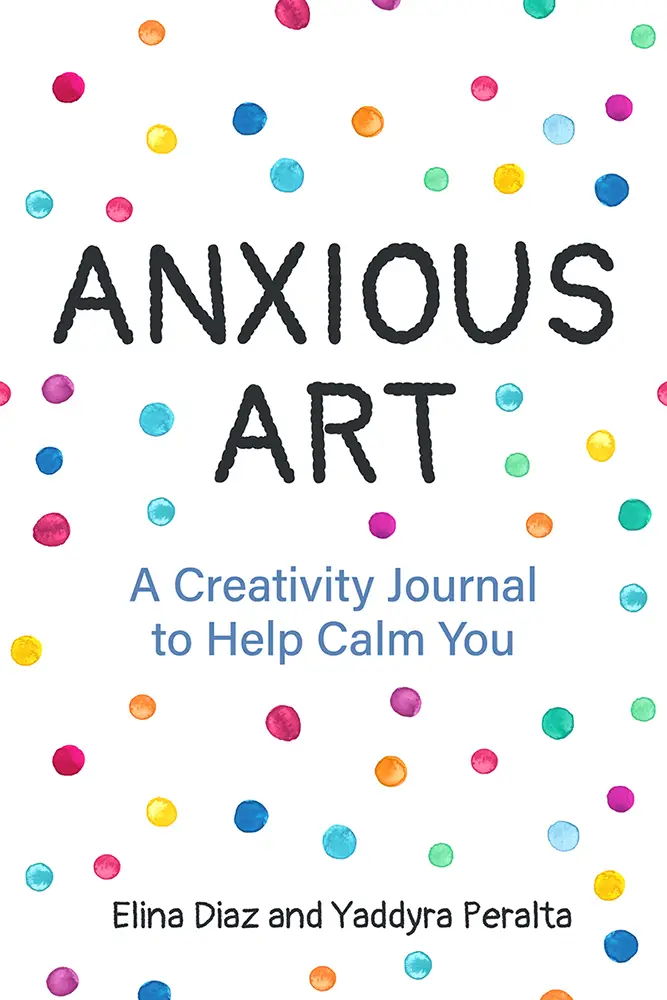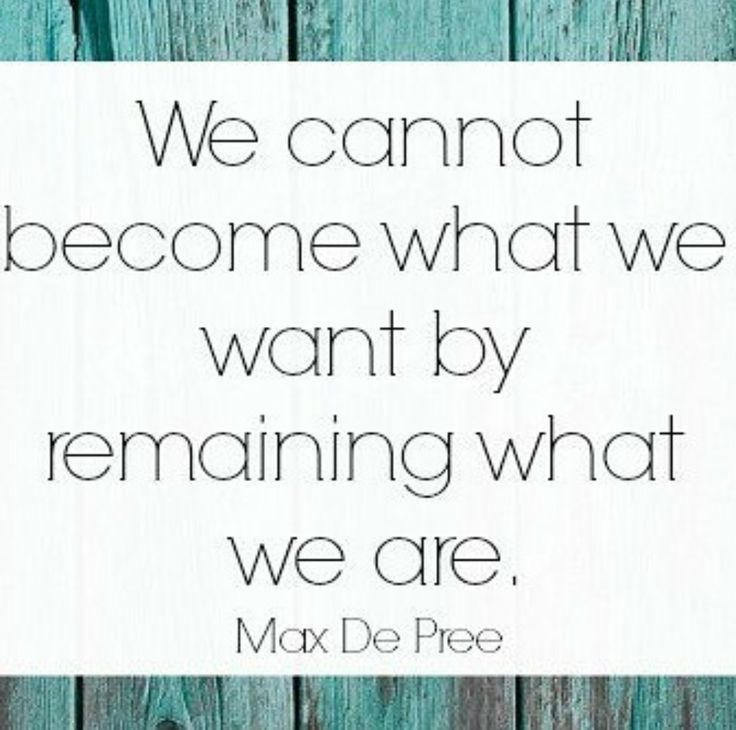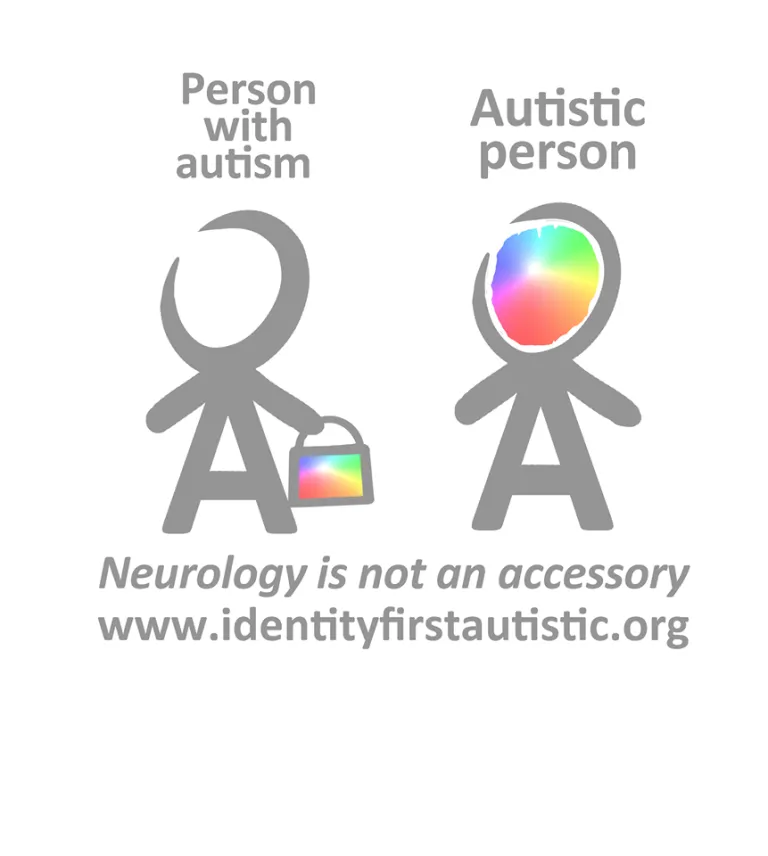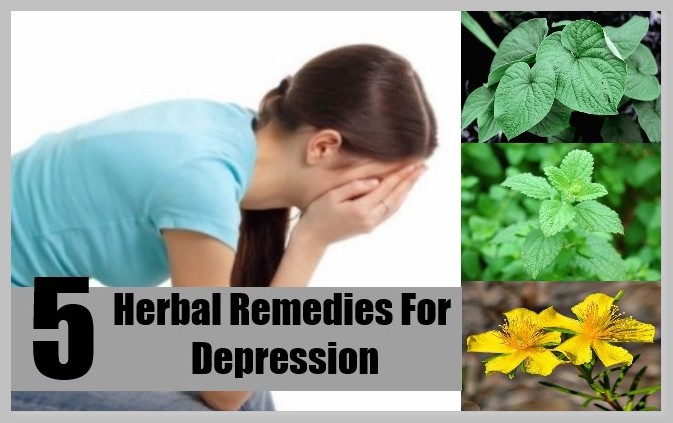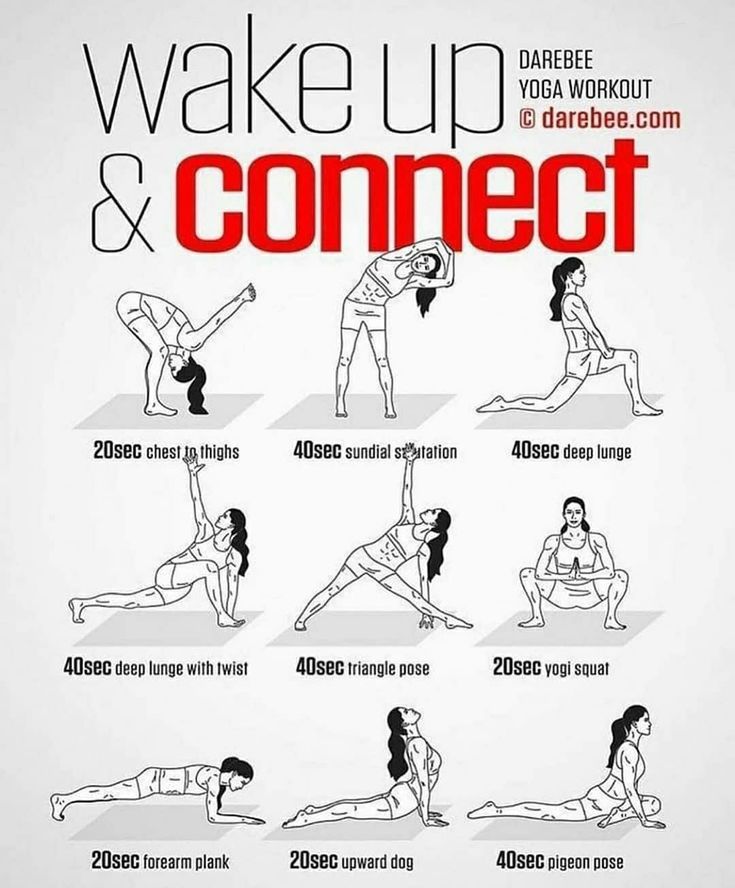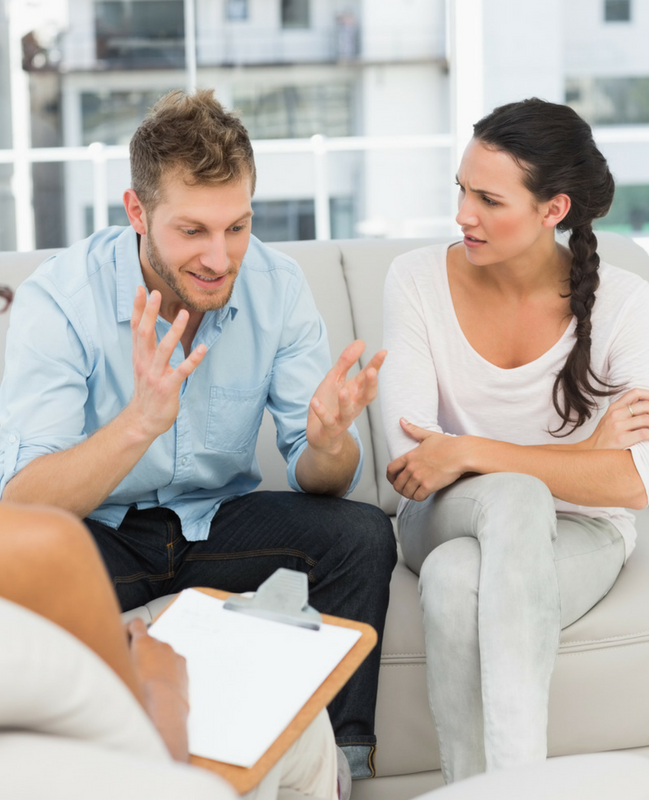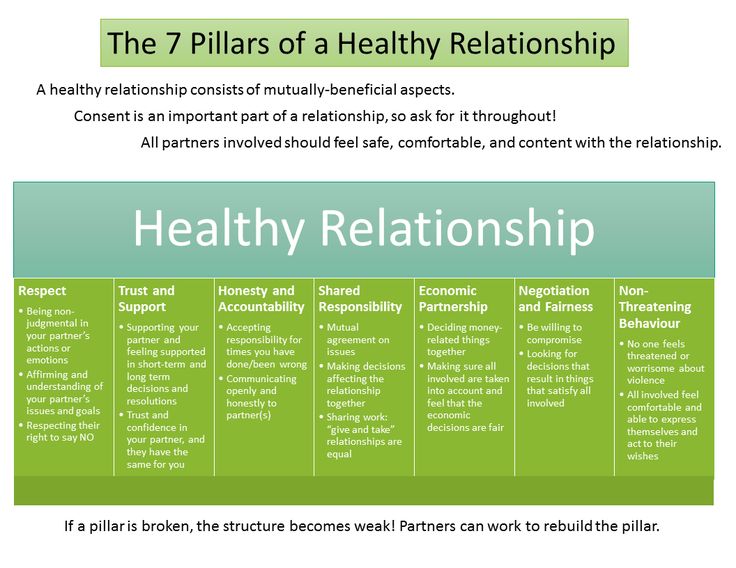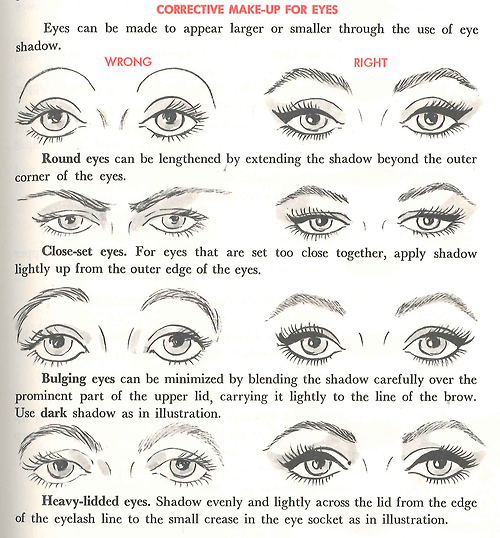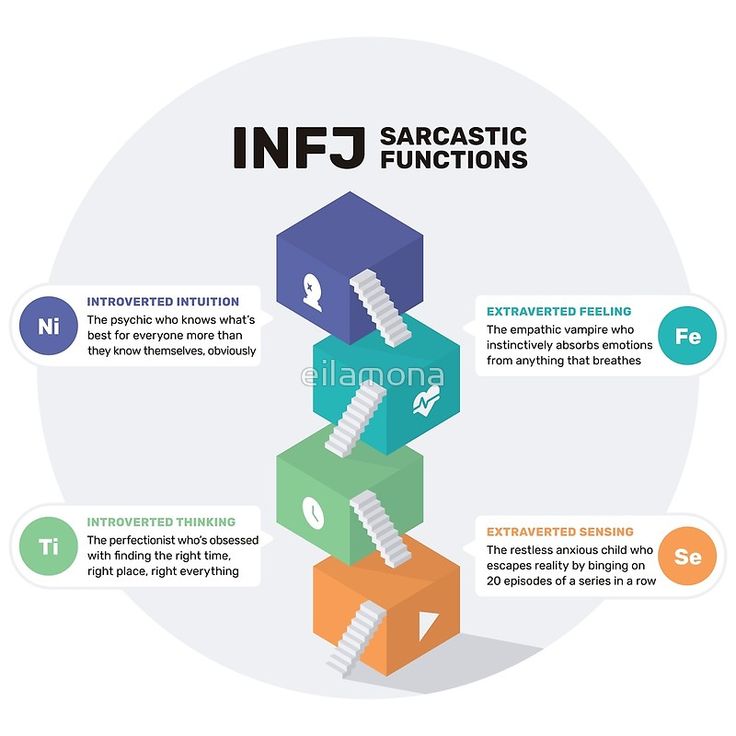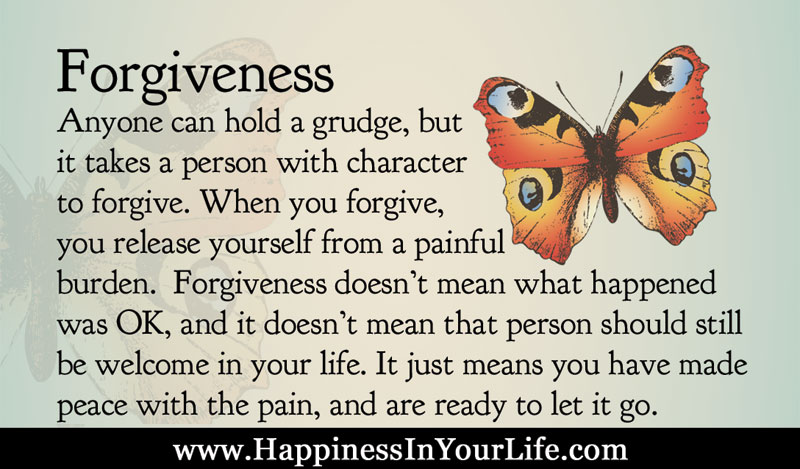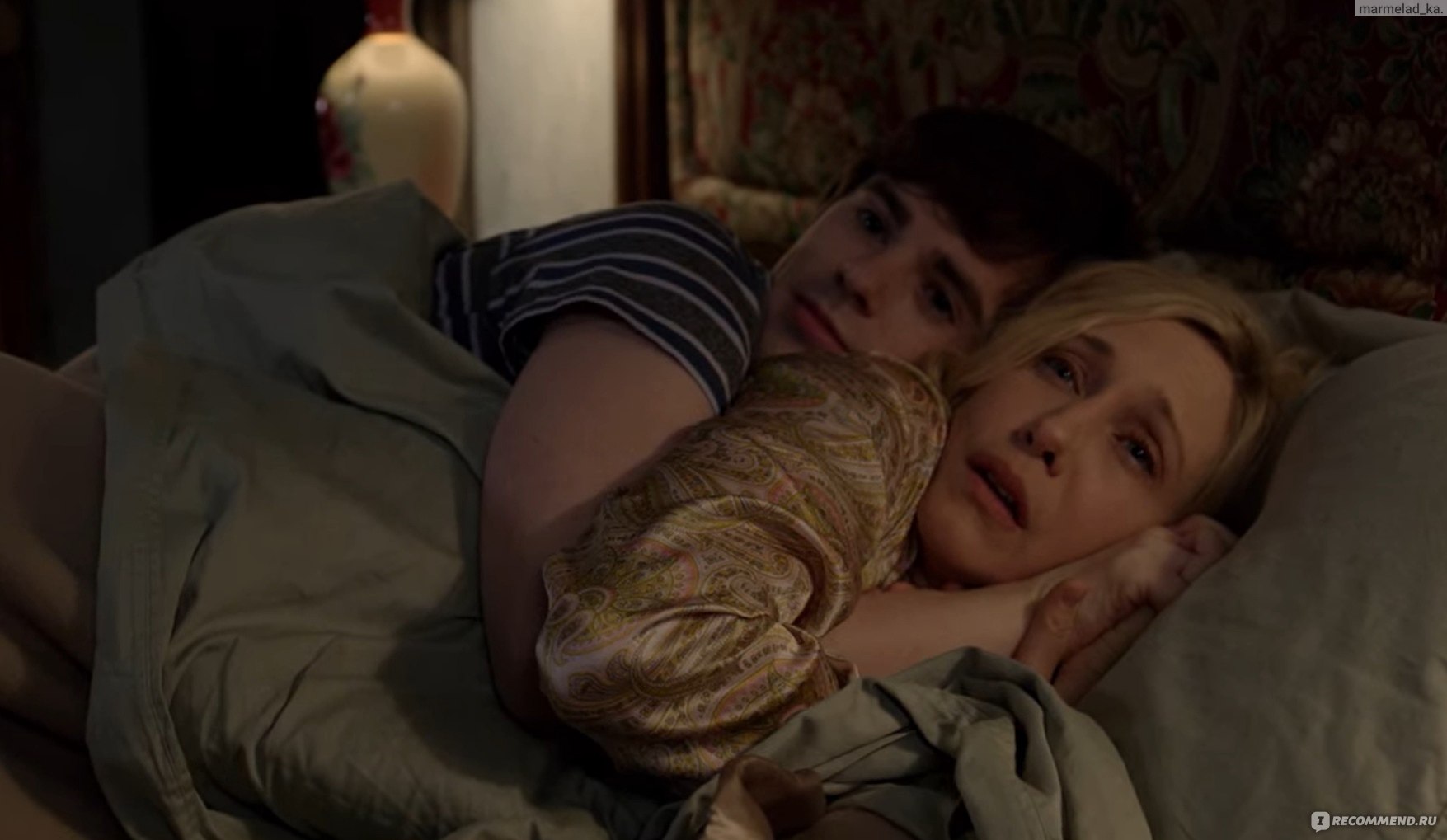Help calm anxiety
How to Ease Your Anxiety
Everyone feels anxious from time to time. Occasional anxiety is a normal reaction to uncertainty about what’s going to happen next, whether that’s in the next few minutes, days, or months.
Mental health experts define anxiety as worry over a threat that’s still in your future. Thinking about a conversation you dread, for example, could twist your stomach into knots days before it happens. Your heart may race before an exam or presentation. You might lie awake at night worried about whether you’ll catch COVID-19 at the grocery store.
It’s also normal to want to get rid of those uncomfortable, pit-of-the-stomach feelings as quickly as possible. But that approach can make you more anxious, says David H. Rosmarin, PhD, associate professor of psychology at Harvard Medical School in Boston.
“When you worry about getting rid of your anxiety, you’re signaling your nervous system that you have even more to be anxious about. And that makes your anxiety worse,” he says.
Keep in mind that if your anxiety is long-lasting and interferes with your daily life, you could have an anxiety disorder. In that case, you may need treatment to overcome it.
Calm Anxiety by Accepting It
It’s not what people expect to hear. But one of the most effective ways to ease occasional anxiety is to accept it, says Rosmarin, who is also founder of the Center for Anxiety in New York City.
“When we let anxiety run its course in the moment without fighting it, ironically, that makes it less. On the other hand, fighting anxiety is what typically [triggers] a panic attack,” he says.
“And, if your only strategy is to distract yourself from your anxiety or to avoid things that cause it, you’ll always be afraid of it. It’s always going to be the bully in the schoolyard because you’ve never learned to deal with it.”
The Anxiety and Depression Association of America puts it this way: “The thoughts you resist persist.”
Try these steps instead:
Recognize and understand your anxiety: Tell yourself, “My nervous system is kicking into high gear because I’m worried about [thing X].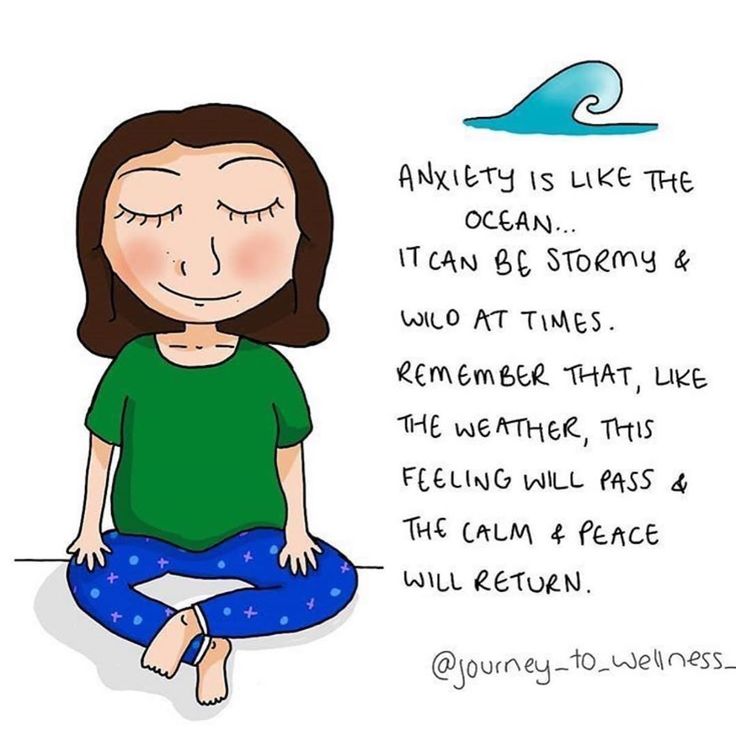 ”
”
Don’t criticize yourself for those feelings: Instead, say, “This is a normal, healthy response by my body to these circumstances, which are complicated, stressful, or difficult. It’s OK to feel this way.”
Know that you can have anxiety and still function well: “You can perform very well with anxiety, and probably have done so before,” Rosmarin says.
Think back to a time when you were anxious but did what you needed to do anyway. Maybe you were filled with anxiety before an event or a meeting. But later, someone said you did a great job.
How to Stop Anxiety
When your anxiety feels overwhelming, these techniques can give you quick, short-term relief.
Do a reality check: Ask yourself these questions:
- On scale of 1 to 100, how likely is it that the thing I’m anxious about will happen?
- Do I have good reasons to think something will go wrong?
- Is there a chance I’m overly worried?
Share your anxiety with someone you trust: Don’t avoid your anxious thoughts, which can make them worse.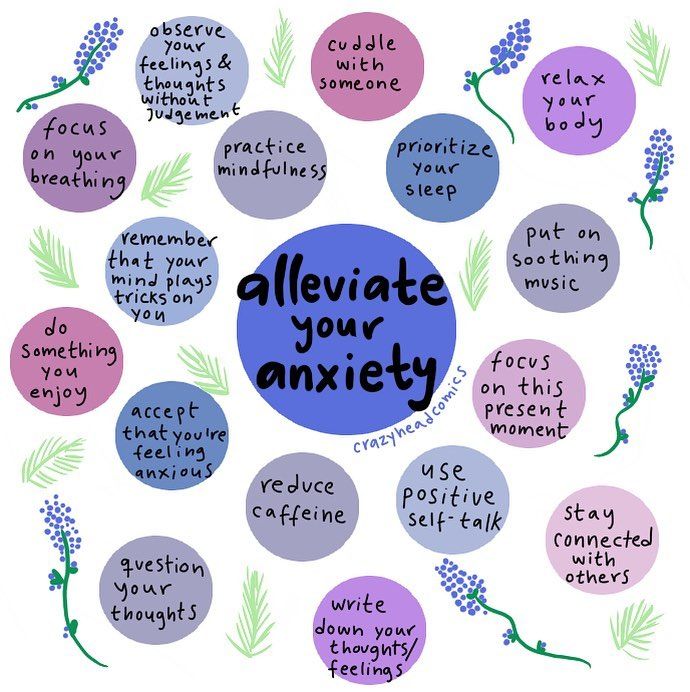 Talk them over with a friend or family member, who can help you put them in perspective.
Talk them over with a friend or family member, who can help you put them in perspective.
Remind yourself that you’re safe: “When anxiety kicks in you may feel scared or out of control, with your mind racing to all these uncertain future catastrophes,” says clinical psychologist Debra Kissen, PhD, chief executive officer of Light On Anxiety CBT Treatment Centers in the Chicago area.
“Ask yourself, ‘Is there a real danger in front of me, or am I actually safe at home and worried about something that’s no threat to me right now?’” she says. “This thinking can ground you in the moment and reboot your brain and body so you feel less anxious.”
Redirect nervous energy: Anxiety can be like a motor revving, says licensed professional counselor Lisa Henderson. “Take control of that energy and put it somewhere else,” says Henderson, co-founder and chief executive officer of Synchronous Health in Nashville.
“If you’re sitting there worried, for example, get up and walk or pace,” she says. “Take a few minutes to clean something. Go outside for 5 minutes. Shorts bursts of activity can release that anxious energy.”
“Take a few minutes to clean something. Go outside for 5 minutes. Shorts bursts of activity can release that anxious energy.”
Take a mental break: “Use a guided imagery app or simply daydream on your own,” Henderson says. “A brief mental vacation can break the cycle of anxious thoughts.”
To try this on your own, set a timer for a few minutes, close your eyes, and picture yourself somewhere you feel peaceful or happy.
“Just letting your mind wander can work well if your anxiety comes from feeling controlled or managed,” Henderson says. “If your mind returns to its anxious thoughts, notice -- without judgment -- that it’s happened and mentally tell your anxiety ‘I’ll be with you in a moment.’ Then go back to your daydream.”
You may prefer an app that guides you through your thoughts to help you release anxiety. Find relaxation or meditation apps that appeal to you and give them try.
Just breathe: Inhale and exhale slowly, evenly, and deeply for several breaths.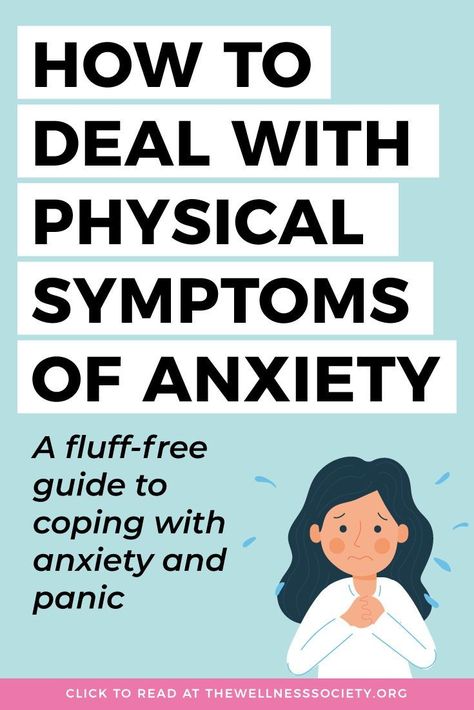
Change your position: “Whatever you’re doing, do the opposite,” Kissen says. “If you’re hunched over with worry, stand up and take a Wonder Woman pose. If you’re under a blanket, go wash your face with cold water. Changing your sensory experience can ‘change the channel’ from anxiety.”
Use a mantra: A mantra can shift your mind away from anxious thoughts that play over and over in your head, Kissen says.
Two she likes are: “These thoughts are uncomfortable, but not dangerous,” and “This, too, will pass.”
Put your anxiety on a schedule: Pick a 15-minute window during the day to think about your anxieties. “During that time, tell your brain to just go for it and let the anxious thoughts come,” Kissen says. “But when they arise outside that time, tell them ‘I’m willing to hear you, but come back tomorrow at 3 p.m.’”
If anxiety keeps you awake, get up: “If you’re lying in bed worrying about things for more than 5 minutes, get up and go to another room and write down your anxieties,” Kissen says.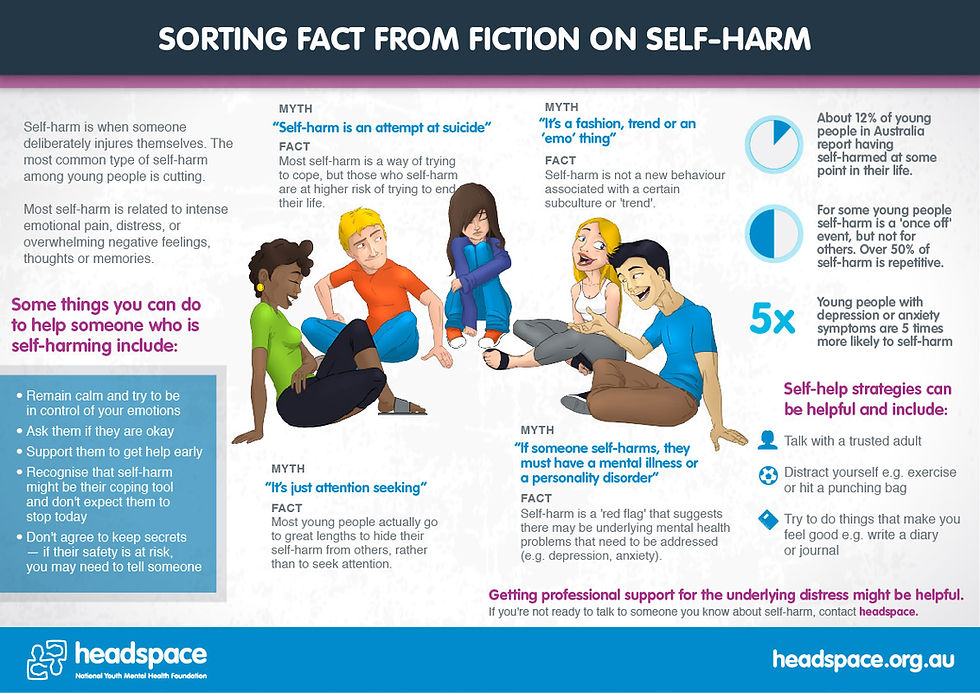 “Go back to bed when you’re tired, but get up again if you feel anxious. It might take a few nights of going back and forth, but this exercise can train your brain that your bed is for sleep, not for anxiety.”
“Go back to bed when you’re tired, but get up again if you feel anxious. It might take a few nights of going back and forth, but this exercise can train your brain that your bed is for sleep, not for anxiety.”
Do I Need Treatment for Anxiety?
There’s a lot you can do on your own to relieve anxiety, but sometimes you need help. Psychotherapy and medication are the two main treatments for anxiety disorders.
Signs that it’s time to talk to a mental health professional include:
- Constant or nearly constant anxiety
- Anxiety that gets in the way of your daily activities, like work or social life
- Anxiety about things that don’t actually threaten you
- Panic attacks
Check your health insurance policy to see what mental health services your plan covers. Then, review a list of your in-network providers to find one to connect with.
“You don’t want to add to your anxiety by paying big out-of-pocket fees,” Kissen says.
Your primary care doctor may also be able to recommend a mental health professional with experience treating anxiety and anxiety disorders.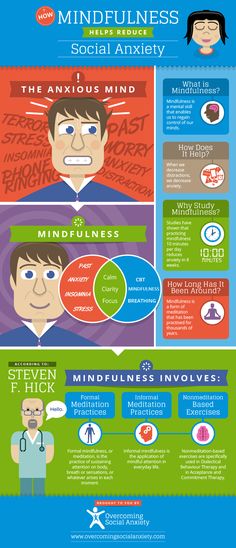
Rosmarin notes that it’s important to find a provider you click with and trust. He also says therapy doesn’t need to go on indefinitely to be effective.
“A course of cognitive behavioral therapy for anxiety may be eight to 10 sessions,” he says. “There’s also data to suggest that people feel substantially better after just one therapy session for panic disorder.”
How to calm anxiety: 14 tips and tricks
Many tips and tricks can help calm anxiety, including exercise, yoga, and music therapy. If these do not help, medication and counseling may be beneficial.
Physical and mental stress can trigger anxiety. People with anxiety disorders may experience anxiety without a specific reason. Anxiety can cause severe stress, along with racing thoughts, sweating, abdominal pain, and a racing heart.
However, there are ways to manage it. Lifestyle choices can often help, and medical treatment is available if these are ineffective.
This article outlines tips and techniques for developing a calmer, less anxious state of mind.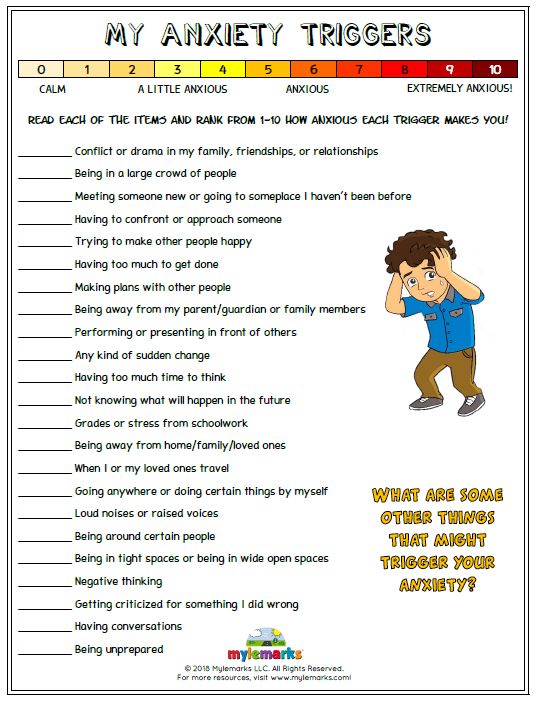 We also provide information on medications and talking therapies to treat severe or persistent anxiety.
We also provide information on medications and talking therapies to treat severe or persistent anxiety.
The following tips and tricks can help people manage stress levels and calm anxiety.
Adrenaline is a hormone involved in the body’s fight-or-flight fear response.
Caffeine causes a spike in adrenaline levels, and this can make some people feel anxious or on edge.
Coffee is one of the most popular sources of caffeine, but it is also present in:
- tea
- sodas
- energy drinks
- chocolate
People who notice a connection between their caffeine intake and anxiety should try cutting caffeine out of their diet.
People should do this slowly to avoid caffeine withdrawal. Withdrawal can cause physical symptoms similar to those of anxiety.
What is the link between caffeine and anxiety?
Exercise may calm anxiety in two ways. Firstly, it decreases levels of stress hormones within the body. Secondly, it makes people focus on the task of exercising, and this can distract them from ruminative thoughts.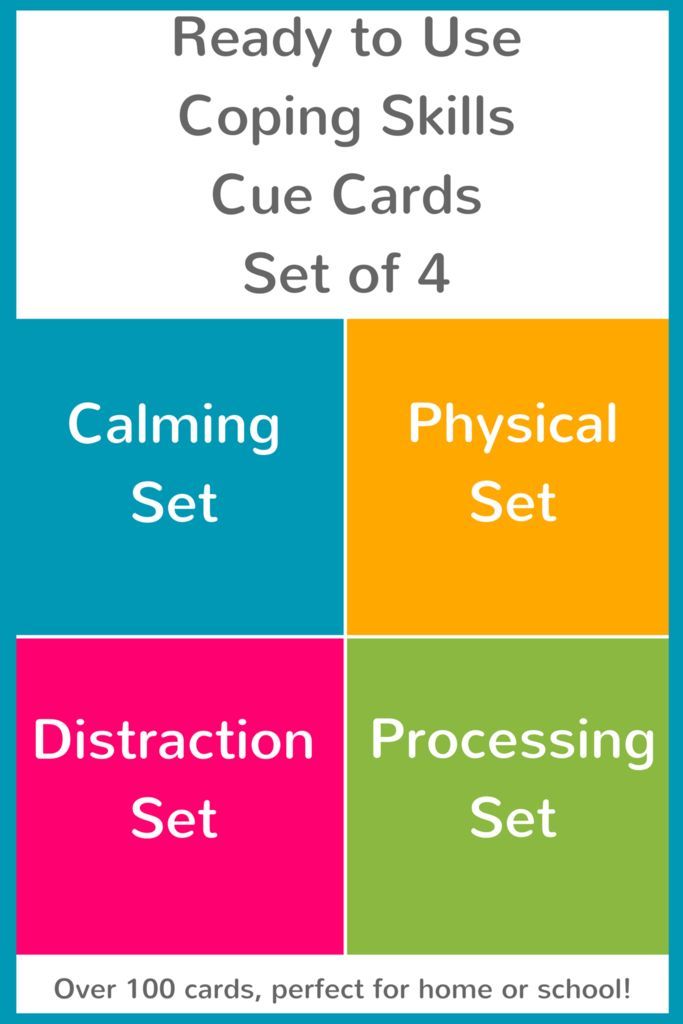
In 2022, researchers found that people who followed a 12-week exercise program saw a reduction in symptoms of depression and anxiety compared with those who did no exercise.
The exercise group did cardiorespiratory and resistance training. Moreover, those who exercised to a higher intensity saw greater improvements in anxiety scores than those who did lower intensity activity.
Anyone interested in starting a physical activity program to manage anxiety should speak with a doctor first, and work with a qualified trainer to ensure they exercise safely.
How can exercise help manage depression?
Yoga may be a particularly beneficial form of exercise for anxiety.
One 2015 review investigated the effects of yoga on nervous system function and mood.
Across the 25 studies, the review found yoga decreased heart rate, blood pressure, and cortisol levels. Cortisol is a hormone involved in the fight-or-flight fear response. Having too much cortisol in the bloodstream can exacerbate anxiety.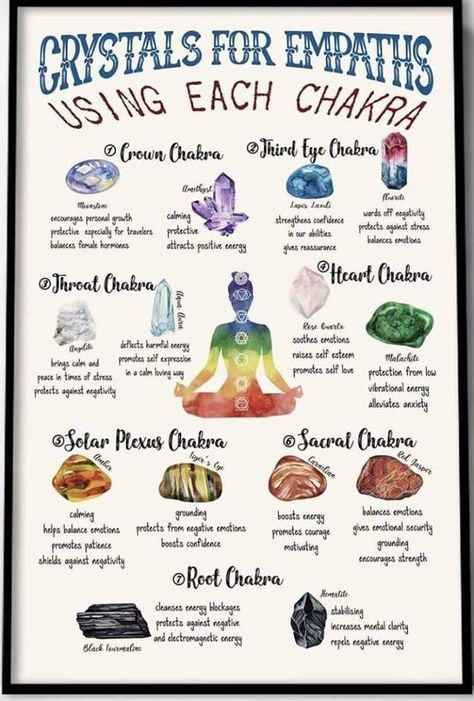
Yoga leads to a decrease in symptoms of depression and anxiety. It also reduces levels of molecules called cytokines in the blood. The immune system releases cytokines in response to stress.
Chronically high cytokine levels can cause long-term inflammation and other negative health effects.
How can yoga help manage anxiety?
Music may activate reward systems in the brain that increase feelings of pleasure and alleviate stress and anxiety.
One review concluded that symptoms of anxiety improve while people are listening to music. However, it is unclear whether the effects last longer than the activity.
A 2016 study found that music preference was the most important factor in reducing stress levels. This suggests that listening to a favorite song or music genre may be an effective short-term remedy for stress.
What is music therapy?
Mindfulness is a popular form of meditation.
Mindfulness encourages a person to focus on feelings, thoughts, or bodily sensations that are happening in the present moment.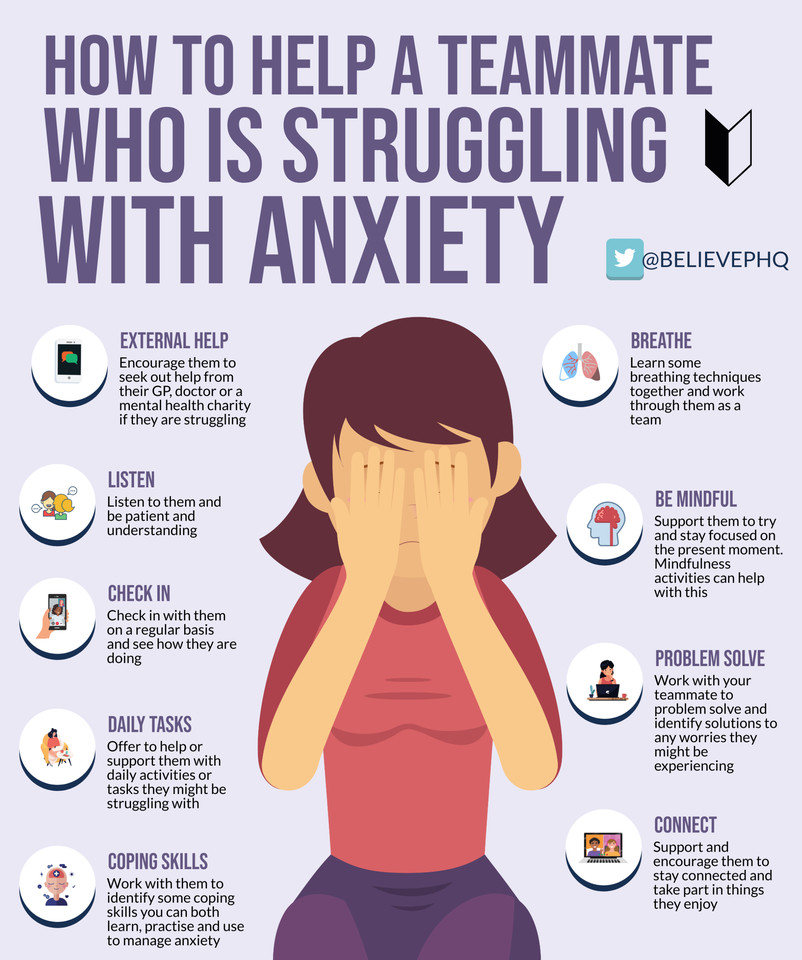 This can help distract people from ruminative thoughts and other negative thought patterns.
This can help distract people from ruminative thoughts and other negative thought patterns.
How can mindfulness help manage anxiety?
Guided imagery (GI) is another type of meditation. GI involves mentally visualizing peaceful scenes to promote a state of relaxation.
One 2015 study investigated the combined effects of GI and music (GIM) on work-related anxiety. For this study, the researchers divided 20 participants into 2 groups. One group underwent a 9-week GIM program. The other group received no treatment.
Compared with the no-treatment group, the GIM group showed significant improvements in stress management and well-being. The results also showed a greater reduction in blood cortisol levels for the GIM group.
Further studies are necessary to establish if GIM is helpful for treating other forms of anxiety.
What are some grounding techniques for anxiety?
Share on Pinterest
Diaphragmatic breathing is a type of deep breathing technique. A 2017 study found that DB reduces cortisol levels in healthy adults.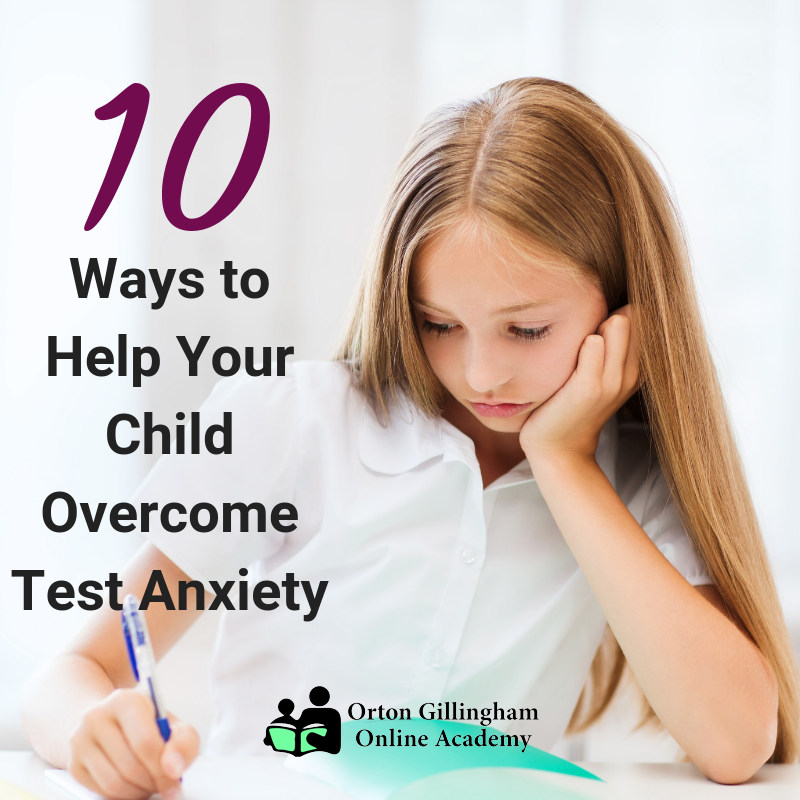
To help relieve anxiety, people can practice the following technique:
- Lie flat on the back with the knees bent and the soles of the feet on the floor.
- Place one hand on the upper chest and the other on the stomach, below the ribcage.
- Breathe in slowly and deeply through the nose. Draw the breath down toward the stomach so that the hand on the stomach rises upward. Make sure that the hand on the chest stays still.
- Exhale slowly through pursed lips, drawing the belly button toward the floor. The hand on the stomach should return to its original position. The hand on the chest should remain still.
Which breathing exercises can help with anxiety?
People with anxiety may be prone to putting off important tasks or projects to temporarily avoid stress.
However, procrastination often results in a last-minute rush to complete tasks before a deadline. This causes even greater stress and anxiety.
In fact, research shows that this type of stress may trigger a range of stress-related health problems.
Counseling can help a person learn ways to overcome challenges they face with procrastination.
Research suggests there are links between alcohol use and anxiety, as they often occur together. They may involve similar brain structures.
When a person is stressed, it may feel as if alcohol will take the anxiety away. But alcohol will not solve anxiety, and a person may feel worse after drinking.
Without treatment, both alcohol use and anxiety can have severe long-term effects. Anyone who faces challenges with alcohol, anxiety, or both should seek medical help.
What are the links between alcohol use and anxiety?
Journaling and other types of writing can help a person express their feelings, channel their thoughts in a positive direction, and organize their thoughts and feelings. Therapists may recommend it for addressing mental health issues, including anxiety.
A 2022 review of the benefits of journaling concluded that it is a cost-effective therapy with a low risk of side effects. It can support other forms of therapy.
It can support other forms of therapy.
How can journaling help with anxiety?
Constant access to a phone can increase a person’s stress levels.
One Korean study suggested there may be a two-way link between persistent smartphone use and anxiety. The authors called for measures to prevent people from developing a smartphone addiction, due to its effect on mental health.
Tips for managing smartphone use include:
- leaving the phone outside the bedroom at night
- setting aside time to avoid phone use, for example, not checking the phone until 9.00 a.m.
- setting targets to spend time on other activities, such as exercise
- reduce the number of notifications received
What are the negative effects of technology?
Studies show that anxiety can prevent people from having enough sleep and that a lack of sleep can also make anxiety symptoms worse. Scientists say there may be a link between anxiety and sleep problems in terms of brain activity.
Here are some tips for improving sleep:
- Ensure the bedroom is dark, quiet, and of a comfortable temperature.
- Establish a regular routine for going to bed and waking up, including on weekends.
- Establish a relaxing sleep routine, for example, having a warm bath and listening to some music.
- Try to avoid caffeine, alcohol, and large meals before bedtime.
If lifestyle remedies do not help a person sleep, a doctor can suggest other therapies.
What is the link between sleep and anxiety?
Medical help is available if lifestyle approaches are ineffective or if feelings of anxiety become severe, persistent, or interfere with daily life.
Cognitive behavioral therapy (CBT) helps people recognize how negative thought patterns can influence their mood and behavior and find ways to replace them with more positive, constructive thoughts and responses.
Psychotherapy aims to help people regulate their emotions and improve their stress management skills.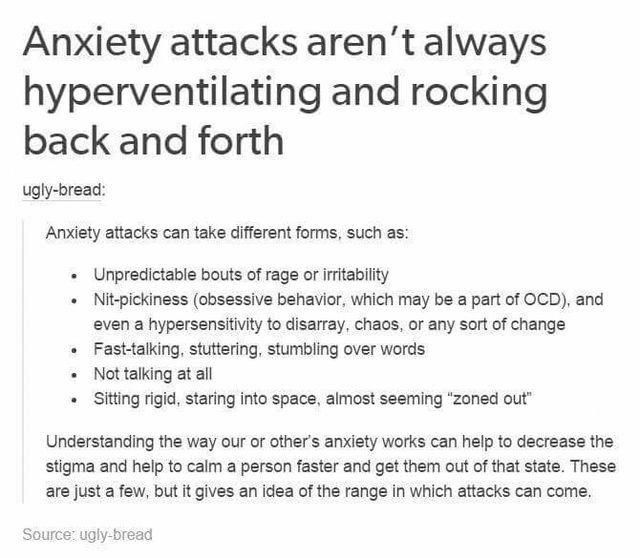 It is often a longer-term therapy that may explore past experiences.
It is often a longer-term therapy that may explore past experiences.
How can counseling and other treatments help with anxiety?
Sometimes, a doctor may prescribe anti-anxiety medication alongside talking therapies. Some common anti-anxiety medications include:
- beta-blockers, which reduce symptoms such as trembling
- anti-anxiety medications, such as benzodiazepines
- antidepressants, which affect the ways the brain responds to stress
Benzodiazepines are for short-term use only, as there is a risk of dependence and withdrawal symptoms.
Many people feel anxious sometimes. However, many tips and techniques can help people reduce their stress levels and promote calmness.
People should talk with a doctor if they experience severe or persistent anxiety. They may recommend medication, talking therapy, or a combination of these treatments.
How to deal with anxiety: ways to get rid of stress and fear
How to identify an anxiety state
Sometimes we get so used to the constant state of anxiety that we stop noticing it and take it for granted.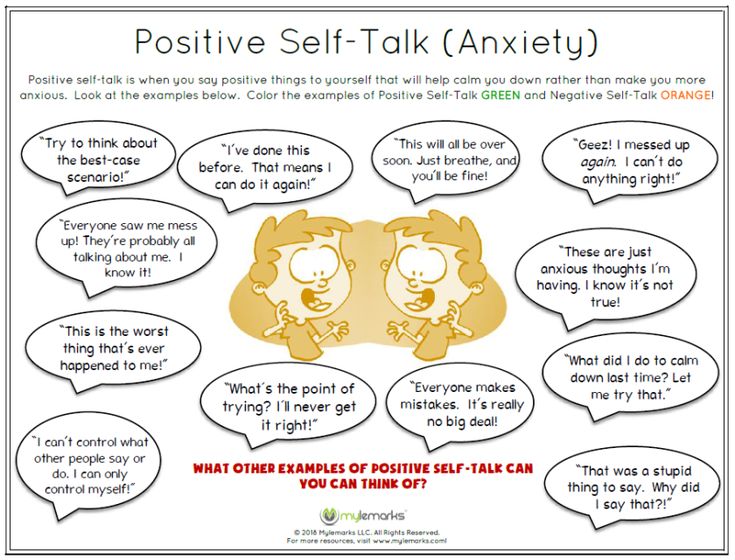 Symptoms of anxiety mainly depend on the nature of a particular person. All people react differently to stressful situations. But two large groups of symptoms can be distinguished:
Symptoms of anxiety mainly depend on the nature of a particular person. All people react differently to stressful situations. But two large groups of symptoms can be distinguished:
-
Physical. A person's state of health changes, his hands begin to shake, his pulse accelerates. This condition often appears immediately after a situation that caused anxiety: the loss of a loved one, the breakup of a relationship, dismissal. It becomes difficult to fall asleep, there is a constant weakness, headaches appear. Before an important exam or surgery, a person may constantly want to go to the toilet. Often there is a "bear disease" - sudden diarrhea.
-
Emotional. In addition to physical manifestations, a person feels morally ill. He is either very agitated and cannot sit still, or depressed, feels depressed and unable to do his usual things. There is constant anxiety, a panic attack may begin. It is very difficult to switch and stop thinking about the problem. It looks like something terrible is about to happen.
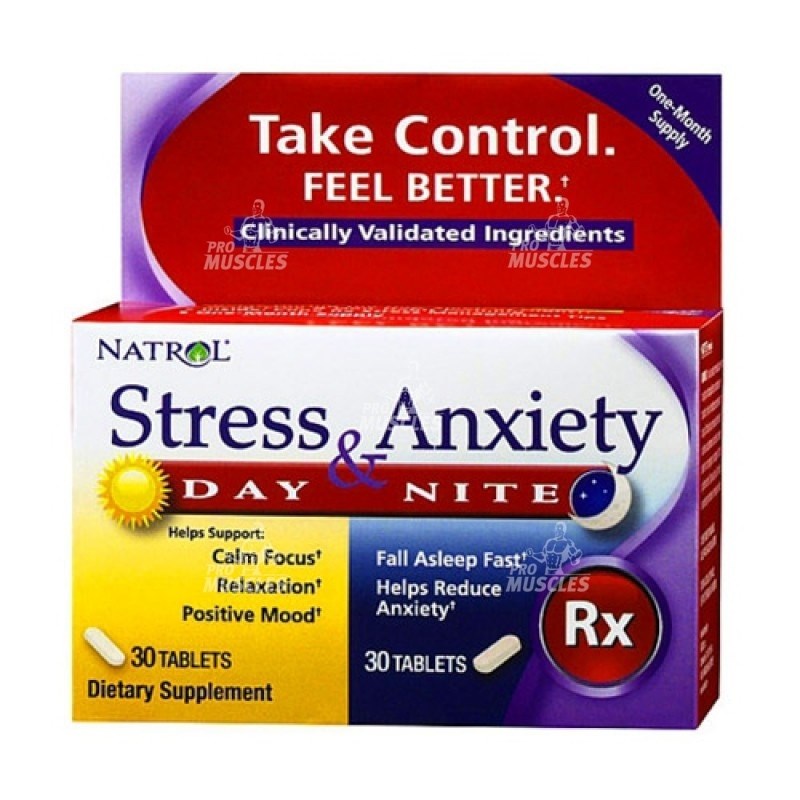
Emotional and sensitive people show more symptoms. They feel physically unwell and have a hard time coping with feelings of anxiety. A person does not always sensibly assess the situation and may not understand that he needs help. Manifestations of anxiety are often mistaken for health problems or ordinary overwork.
Causes of increased anxiety in an adult
Anxiety appears due to one or more factors: diseases of the endocrine system, drug addiction, alcohol abuse, constant lack of sleep, a side effect of certain medications, stressful situations, post-traumatic disorder.
Also, the reasons often lie in the characteristics of the character - emotionality, excessive susceptibility, perfectionism. A person attaches too much importance to trifles, tries to bring everything to perfection and sets the bar too high for himself.
Mini-survey
Have there been any new types of dirt/stains on your clothes during the lockdown?
Yes, I had to deal with new types of spots
0%
There were few new types of spots
0%
No, there were no new types of spots
0%
0 Species 900 02 anxiety disorders
The following types of anxiety disorders are common:
-
Obsessive-compulsive - an obsessive state of constant anxiety.
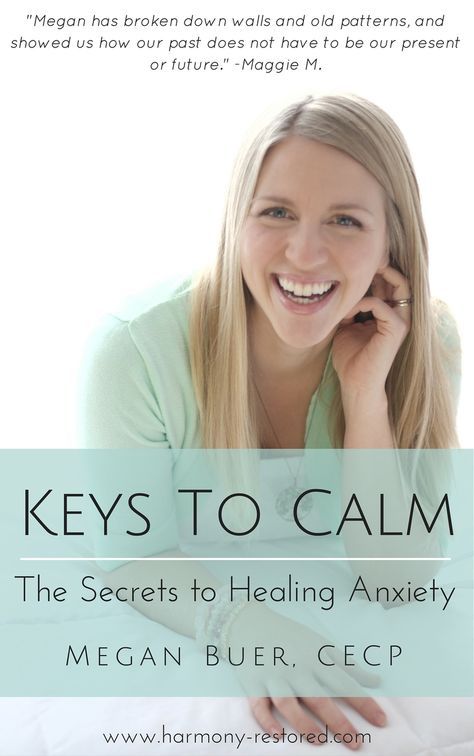 At the initial stage, a person constantly worries about his safety. He checks several times whether the iron is turned off, whether the front door is closed, etc. Self-distrust appears: “Have I really set the apartment on the alarm?”. The condition is so obsessive that it is impossible to do anything until you check yourself several times.
At the initial stage, a person constantly worries about his safety. He checks several times whether the iron is turned off, whether the front door is closed, etc. Self-distrust appears: “Have I really set the apartment on the alarm?”. The condition is so obsessive that it is impossible to do anything until you check yourself several times. -
Phobia - constant anxiety about mundane and harmless things that do not cause a serious threat: confined space, fear of the street, certain situations, etc. A person tries to avoid meeting with the object of his anxiety, because of this he worries and brings himself to a state of panic.
-
Anxiety-depressive disorder (neurosis) — this type of anxiety is very common among modern people. In parallel, signs of depression and normal anxiety appear, as well as health problems - a feeling of a lump in the throat, frequent urination, tremors of the limbs, dizziness, etc.
-
Generalized anxiety disorder - anxiety for no apparent reason.
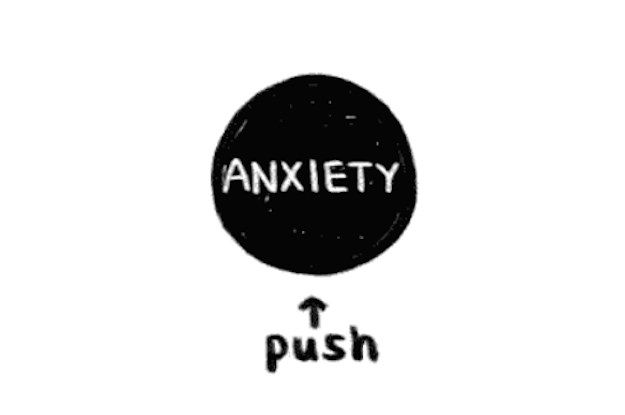 Constant feeling of anxiety, unable to concentrate on the usual daily activities. But the patient cannot understand what exactly worries him so much.
Constant feeling of anxiety, unable to concentrate on the usual daily activities. But the patient cannot understand what exactly worries him so much. -
Post-traumatic stress disorder is a severe degree of anxiety that occurs after a certain traumatic situation (war, earthquake, etc.). A person is almost always anxious, it constantly seems to him that the stressful event will happen again.
-
Panic Disorder - Constant panic attacks for no specific reason. The physical condition worsens, it is impossible to "pull yourself together." Also sometimes there is a fear of a panic attack.
How to deal with anxiety and fear on your own
It is not always possible to immediately turn to a professional for advice or medication. Try to deal with anxiety on your own.
Practice breathing exercises. Even the simplest variations help well: sit in complete silence and try to relax as much as possible. Take a deep breath and exhale very slowly. Repeat 10 times.
Repeat 10 times.
Play soothing music. It can be anything: classical or modern, instrumental or vocal. For some, sounds designed specifically for meditation are soothing, for others, birdsong, the rustle of leaves, or the sound of rain will be a good option. The main thing is that the music puts you in a state of rest and relieves an anxiety attack. Experiment - you will surely find a suitable option for yourself.
Think of positive things. This method works with both rational and irrational feelings of anxiety. Replay in memory the moments of your success, pride in your own work, or other moments where you experienced pleasant emotions. This will help alleviate anxiety and make you feel better.
De-emphasize the cause for alarm. Convince yourself that there is no cause for concern. For example, if you are going to speak in public, help yourself understand that the event is ordinary: millions of people perform in front of the public every day.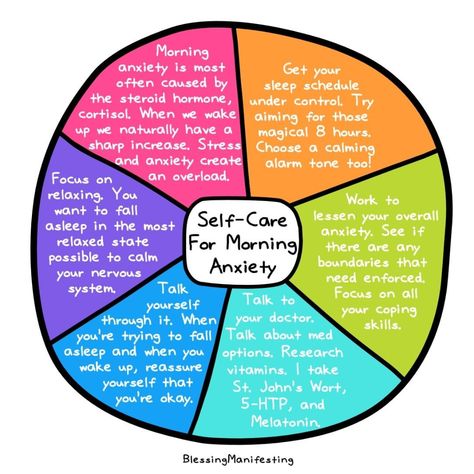 Each of them at least once made a mistake, lost his way, forgot the words - this is a common situation, not a disaster at all. Such an attitude to the upcoming event will help to realize that fears are groundless.
Each of them at least once made a mistake, lost his way, forgot the words - this is a common situation, not a disaster at all. Such an attitude to the upcoming event will help to realize that fears are groundless.
Lead a normal life. Force yourself to get out of bed and do the usual things: go shopping, walk the dog. Get rid of the habit of always predicting and thinking about the bad. Try to accept the fact that you can't have absolutely everything under control. Find your source of calm - meeting with friends or family, playing sports, reading or needlework.
Another way is to get your hands on the switch. Polish the mirror, wipe the window sills or clean the floor with Glorixc Disinfectant Cleaner with a pleasant neutral scent. The house will smell fresh, and you will calm down a little.
These tips will help you temporarily take your mind off your anxiety. However, it is important to reconsider your lifestyle and attitude to specific situations. Protect yourself from negativity as much as possible, exclude unpleasant people from your inner circle and adjust your regimen.
Protect yourself from negativity as much as possible, exclude unpleasant people from your inner circle and adjust your regimen.
Common Mistakes
In an attempt to get rid of anxiety, many people take actions that seem right at first glance, but in fact lead to aggravation of the problem.
Attempts to avoid circumstances that provoke anxiety - triggers. This is the most serious mistake that can be made in this situation. For example, if you are afraid to ride the subway and choose another mode of transport because of this, trams and trains will soon become a cause for alarm - this is how the brain will try to protect you from everything that looks like a source of danger. It's the same with the fear of public speaking. If at first only large halls will cause alarm, then very soon even a simple presentation with a report to the management at work can become a problem. Do not avoid triggers - on the contrary, go to the area where you are uncomfortable. Then the size of the "dangerous territory" will not increase, but, on the contrary, decrease.
Then the size of the "dangerous territory" will not increase, but, on the contrary, decrease.
Constant "playback" of a disturbing situation. In an attempt to convince themselves that there is no cause for concern, many begin to analyze and visualize the disturbing situation, going through different scenarios in their heads and gradually moving on to the worst. So you will only aggravate your condition: new ones will be added to the original cause for alarm. At the same time, the analysis of events in itself does not carry anything bad and helps to make sure that the situation is ordinary and not worth worrying about. The most important thing is not to get carried away and not go in the direction of the negative.
How to know when to see a specialist
Trying to deal with anxiety on your own is the right decision, but there are situations when you should not delay a visit to the doctor. An easy way to know when it's time to see a professional is to ask yourself how much anxiety is interfering with your daily life.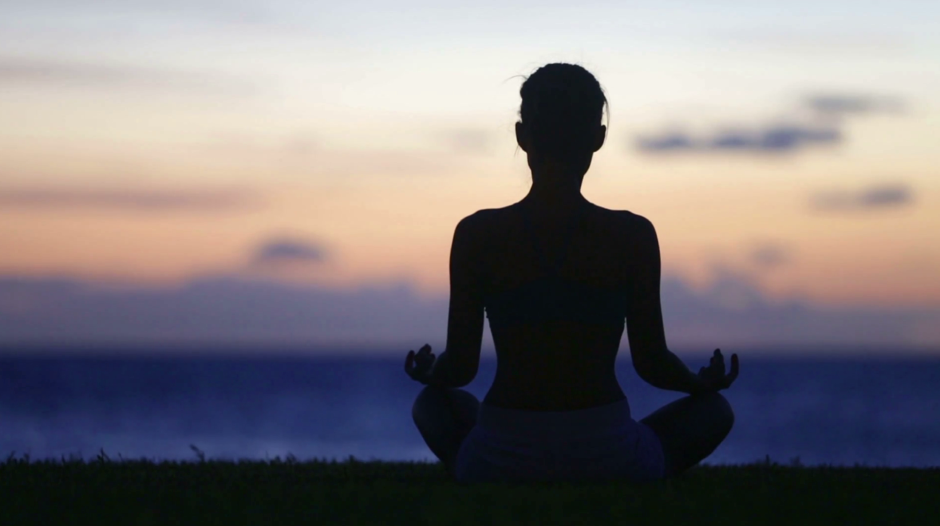 If you are suffering from panic attacks or constant obsessive thoughts that you can’t get rid of, you should not torture yourself further - let a professional help you solve this problem.
If you are suffering from panic attacks or constant obsessive thoughts that you can’t get rid of, you should not torture yourself further - let a professional help you solve this problem.
Anxiety is a normal reaction of a healthy person. But it is important to maintain a balance and not bring yourself to a constant state of panic. If it becomes difficult to control your emotional state, you should contact a psychotherapist or psychologist. Qualified specialists will help you in the fight against anxiety and stress.
Frequently asked questions about how to deal with anxiety:
How to deal with prolonged anxiety?
Try to come up with an answer to each disturbing thought. Definitely positive. Change the vector of your thoughts, approach anxiety with humor.
How to deal with causeless anxiety?
Find your own way to calm down quickly. It can be physical activity, talking with friends, breathing techniques.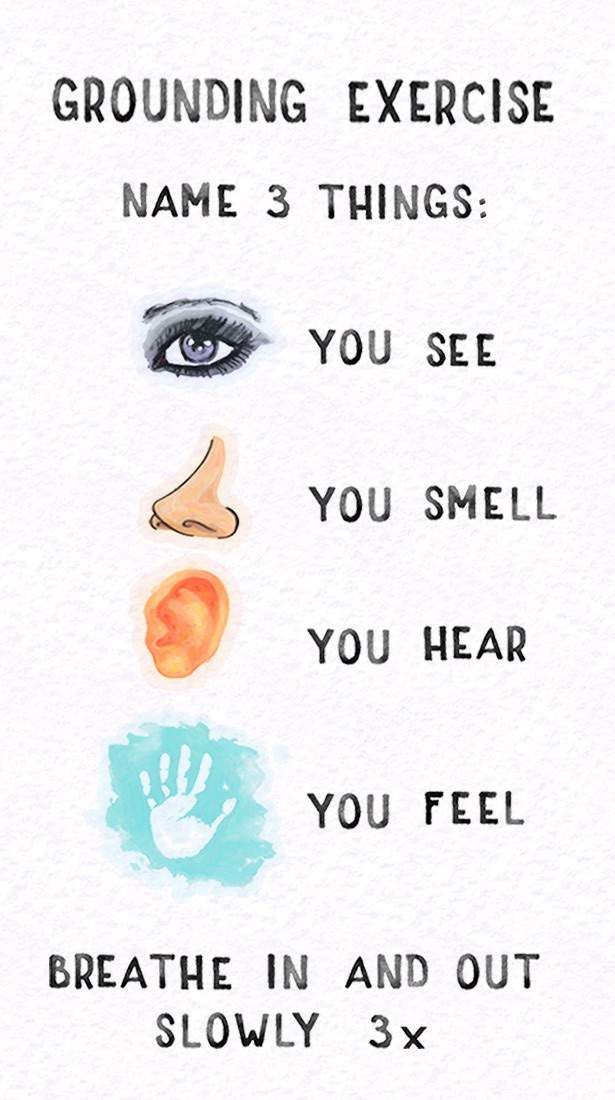
How to deal with fear quickly?
Fear of the unknown is the strongest. Explore the subject of your concerns. Also try to replace negative thoughts with something pleasant, shift your focus.
Originally Posted by
Coping with Anxiety: 7 Ways to Help ‹ GO Blog
Anxiety is an emotional state caused by the expectation of danger or threat. While fear is a basic human emotion associated with the instinct of self-preservation, and appears directly at the moment of danger.
The terms "fear" and "anxiety" are not synonymous, but they can be used interchangeably when it comes to situational anxiety (state at a given moment in time).
In the normal state, the self-preservation function encourages action, but there are also moments of apathy when anxiety intensifies.
We will tell you how to cope with anxiety on your own and determine its level in yourself.
Read more: "9 Proven Ways to Beat Procrastination"
How to Measure Anxiety
American psychologist Charles Spielberger studied more than 117 signs of human anxiety and created a scale to determine its level.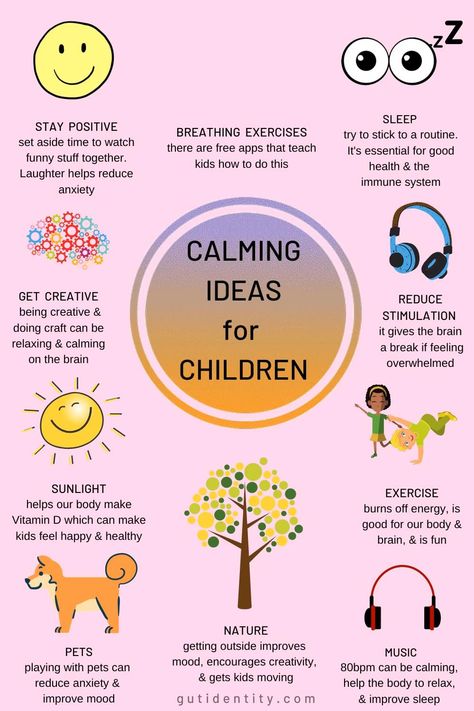 His "assessment of the level of anxiety" is divided into situational and personal. Situational is responsible for the state at a given moment in time and the influence of external circumstances - for example, self-isolation. Personal - character of a person.
His "assessment of the level of anxiety" is divided into situational and personal. Situational is responsible for the state at a given moment in time and the influence of external circumstances - for example, self-isolation. Personal - character of a person.
To determine “your level” of anxiety, you can take a test of 40 short questions.
What causes anxiety
The main factors that provoke increased anxiety in us are loneliness, problems at work, problems in relationships, health, environment and all sorts of conflicts.
Our lifestyle also has a great influence. For example, we are more likely to experience anxiety states if we are constantly on the phone or watching the news on TV. Digital progress has certainly made our life faster and better, but we pay for this comfort with an additional level of stress, new fears and complexes due to the large flow of news.
Try to minimize the number of hours spent on the Internet. Go outdoors, read, do yoga, cook, cross-stitch, build LEGOs – there are so many more options than you might think.
Alarm stages
– Waiting alarm. People who foresee the most unfavorable of all possible situations suffer. Such anxiety can appear at certain moments or haunt a person constantly.
- Anxiety in the form of phobias is associated with certain situations and objects. For example, fear of loneliness, spiders or darkness. May be a clinical case if expressed in the form of panic attacks.
- Neurotic anxiety. This form of anxiety is the most serious and is found in many psychological diseases: hysterical, schizoid. There is a pathological level of fear here that destroys the mental health of a person.
The whole planet is now in fear of waiting due to the incessant flow of news and uncertainty. "Fear of waiting" or "free fear" is formed due to the information flow in which we are constantly immersed. The tools that help to cope with situational anxiety, which has no connection with clinical cases, will be described below.
False alarm
Feelings of fear are easily confused, so before we talk about how to get rid of anxiety, we will learn how to identify it.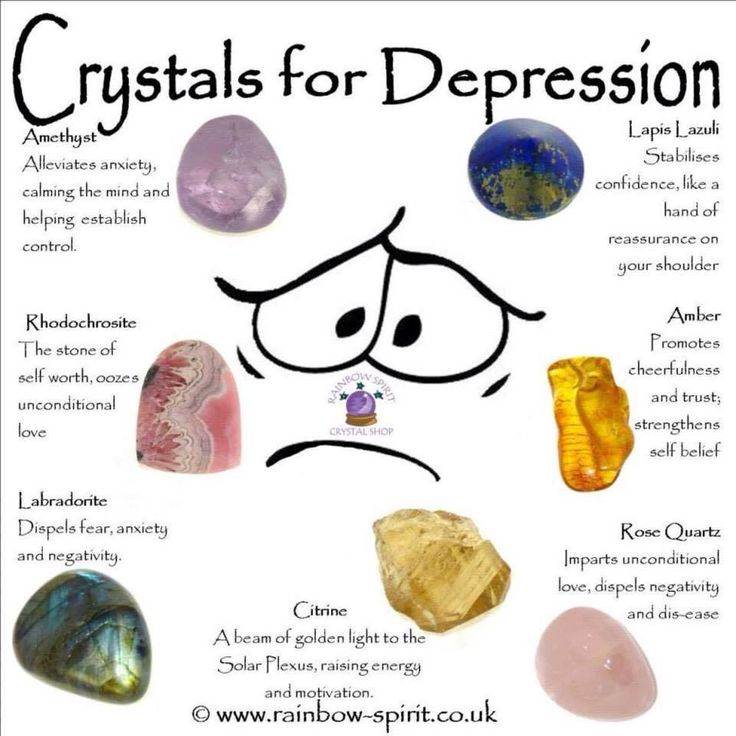
There are situations when we do not distinguish between emotions, so the so-called "false alarm" is formed. In this case, the first thing psychologists can advise is to learn how to isolate anxiety from a large stream of other emotions. Observe for yourself - in what situations you are overcome by anxiety. Divide these situations into those in which anxiety is justified and those where it is not.
For example, you are on a bus and as you approach the bus stop, you are overtaken by a feeling of anxiety. On the one hand, this may be due to fear that you will miss your stop, or a sense of shame, as it is embarrassing to ask the driver to stop the car.
Or another example, you want to ask a question to the teacher in class, but you are afraid to raise your hand. This fear may arise from self-doubt and the expectation that classmates will laugh at you.
Sometimes anxiety is born from some other feelings, such as shame or insecurity. Realizing this and overcoming it, you no longer have a reason for concern, and with it the state of anxiety disappears.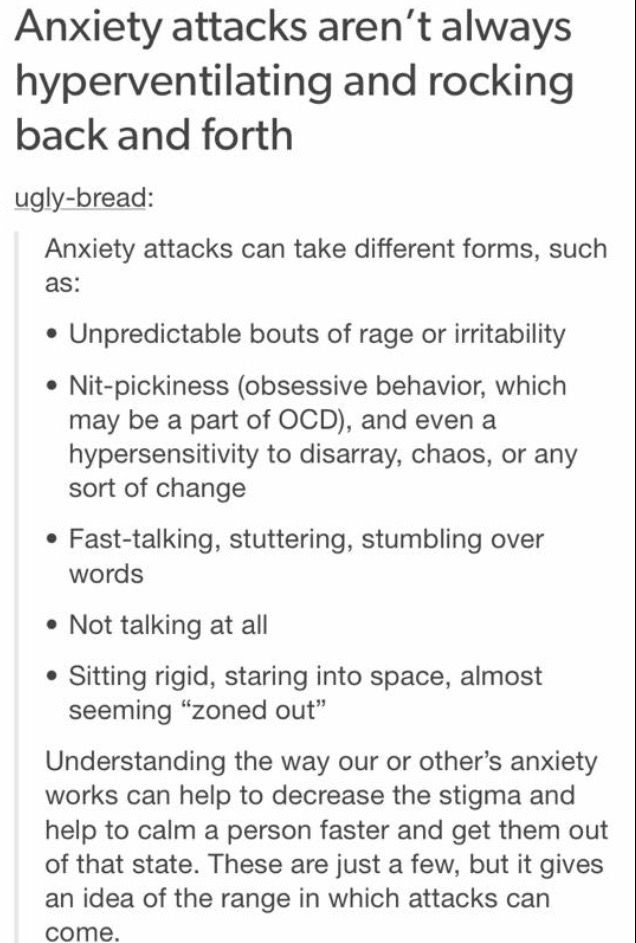
Read more: “How to stop being shy and get rid of the language barrier”
How to cope with anxiety
Details
Alarm often occurs due to uncertainty in the actions and feelings. First, try to find out what causes anxiety. For example, you are worried about being fired from your job. Before you panic, look at the facts: look at the state of the market and the area in which your company operates, evaluate the workload at work now and predict the task plan for the next month. And this applies not only to work, but to any area in which you feel anxiety.
Usually this exercise helps to see the true picture. If you understand that while everything is under control, you can exhale, if not, proceed to your detailing. Write out a detailed plan of action that will help you avoid uncertainty and tell you how to act in any situation:
-
Write down what skills you have and where they can be useful.
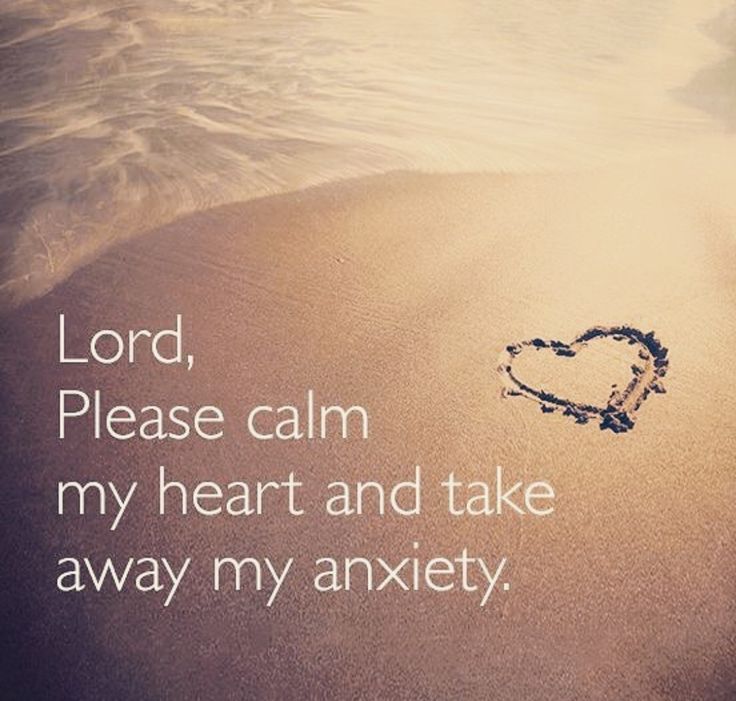 For example, being an illustrator or photoshop, having a driver's license and owning a car, copywriting skills, etc.
For example, being an illustrator or photoshop, having a driver's license and owning a car, copywriting skills, etc. -
Edit your resume and prepare some cover letters to the employer about yourself.
-
Form your own range of services, from the most preferred activities to the least interesting.
-
Leave a list of potential employers to whom you can offer your services. The bigger, the better.
-
Write to them!
The work done will help you feel more confident and have a plan to get out of a crisis situation.
Sometimes anxiety arises from the belief that we will not cope with this or that action. A visual picture of your skills will always help to believe in yourself. When you read your list, you will realize that you can achieve a lot, despite the circumstances.
Read more: “4 things on your resume that will help the employer to choose you”
Use exposure therapy
A complex combination of words with a simple meaning - a meeting with your problem "on the forehead.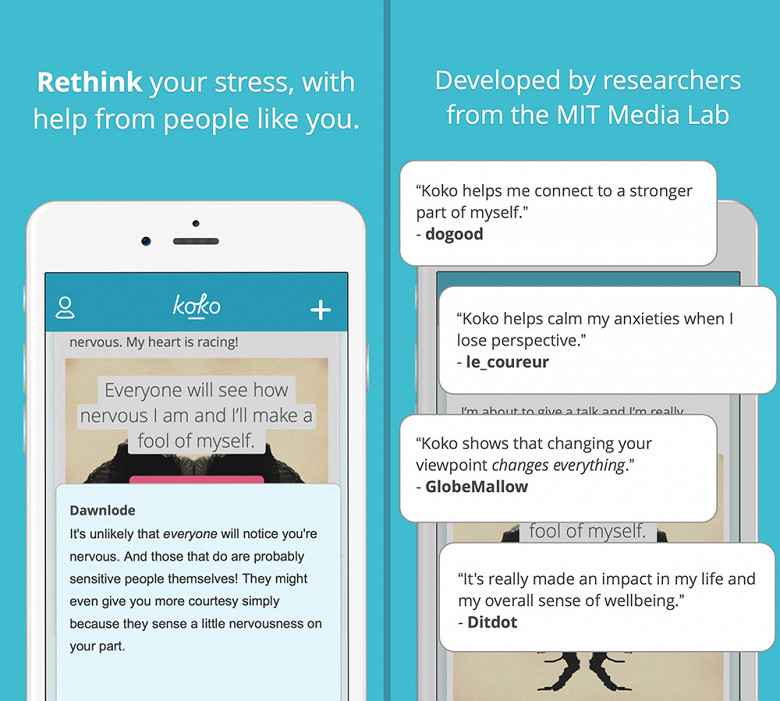 " It is important to understand that this is NOT a fight against a problem. The point is to acknowledge the existence of anxiety, not to get rid of it completely.
" It is important to understand that this is NOT a fight against a problem. The point is to acknowledge the existence of anxiety, not to get rid of it completely.
Don't ignore things that make you feel anxious. For example, to move up the career ladder, you need to learn English, but you haven’t opened your textbook for three days and you constantly scold yourself for it. This lowers your self-esteem and increases your anxiety about your success at work and in life.
Give yourself a full day of rest without worries and self-criticism. Imagine that this is an official vacation or vacation. And then gradually get down to business: you can start with one page of English text per day or a five-minute video. Gradually, you will accustom your body to the load and develop a habit.
Keep a sleep schedule
It is during sleep that growth hormone is produced, which is responsible for the restoration of our body, including the nervous system. Especially if we go to bed before 12 o'clock at night.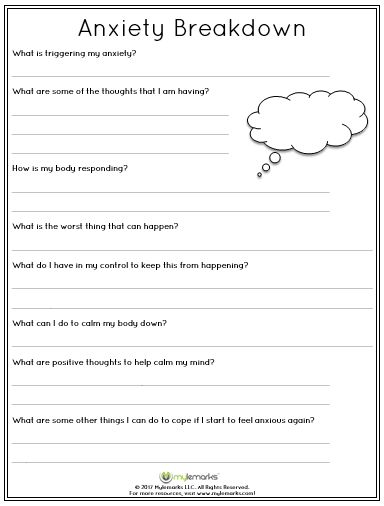
The BBC TV program Trust Me I'm a Doctor, in collaboration with the University of Oxford, did a little experiment on the effect of sleep on our psychological state. The study involved people who are distinguished by "strong sleep". During the experiment, the participants were given conditions: in the first three nights they had to sleep for 8 hours, which is the norm, and the next three nights - for 4 hours. Every day, the subjects answered questions that helped determine changes in their psychological state, behavior and emotions. The results showed that after two nights of sleep deprivation, negative emotions began to predominate in the subjects, as well as an increase in distrust of others and aggression.
The study also shows that insomnia is not always the result of mental disorders, sometimes it is lack of sleep that provokes the appearance of psychological problems.
Switch
It is important to periodically switch from one activity to another - for example, from physical activity to mental activity. So, when you go in for sports, there is a restoration of brain functions due to the supply of oxygen. And with mental stress, the muscular system is restored by improving blood flow in the muscles.
So, when you go in for sports, there is a restoration of brain functions due to the supply of oxygen. And with mental stress, the muscular system is restored by improving blood flow in the muscles.
A simple alternation of work and study with a little physical activity will improve the functioning of the body's metabolic processes, and at the same time speed up the restoration of the nervous system, contributing to its strengthening.
Meditate and breathe
Meditation and breathing are sure helpers in overcoming psychological instability. A Johns Hopkins University study found a relationship between meditation practice and reduced symptoms of depression and anxiety. The team of researchers found that the effect of meditation is comparable to the effect of depressants - in this case, being a more useful solution to the problem, as it does not cause side effects. Meditation also helps to switch the work of the brain and focus on yourself, and not on the "noise" around.